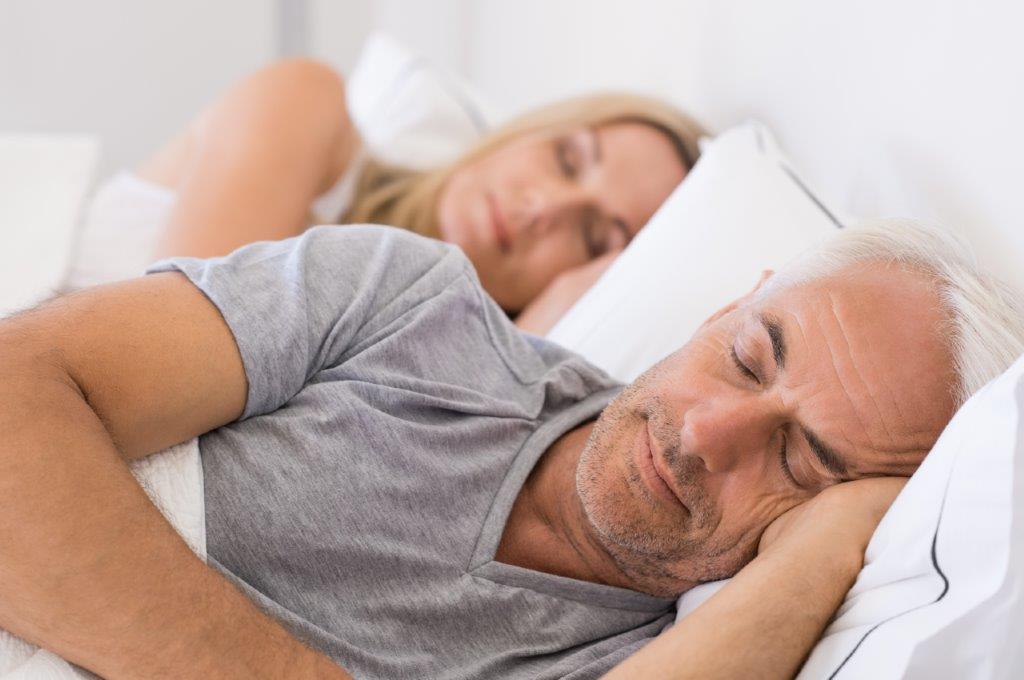Sleep study (or Polysomnography) is used to identify and diagnose a wide variety of sleep-related conditions, including chronic snoring, sleep apnoea, and sleep-related movement or seizure disorders. Sleep studies can measure the quality of your sleep, can determine if you have any sleep disorders, and help clarify the severity of any problems and concerns.
Centurion Healthcare come in fortnightly to our practice, who offer a home-based sleep study. They are a multidisciplinary specialist clinic group focused on reparatory care, sleep disorders, cardiology and psychology. Following a referral from a GP and providing you qualify for a sleep-study, an appointment can be made.
A home-based sleep study is an abridged version of an in-lab diagnostic sleep study where you undertake the test at home. You will still need to attend our practice to be “hooked up” to the equipment, which normally lasts for 40min and there is a payment of $50 given to the technician. During the appointment a Centurion Healthcare technician will attach small sensors and electrodes to your head, chest, finger and legs to record your biological signals when you sleep. This is a non-invasive test which measures brain wave activity, breathing, snoring, heart rate and oxygen levels, as well as your body of movement. You will then bring the device home to sleep with and return it to us the following morning for analysis.

